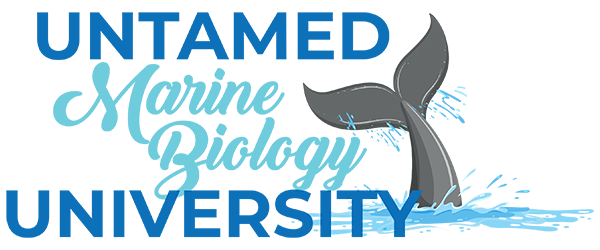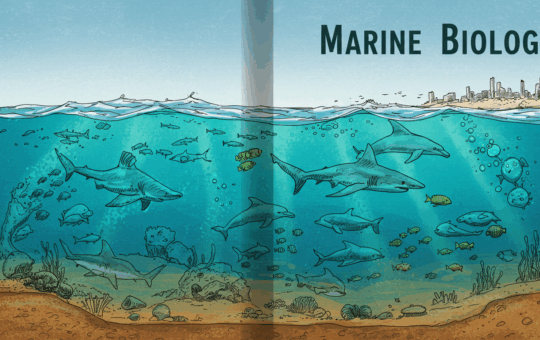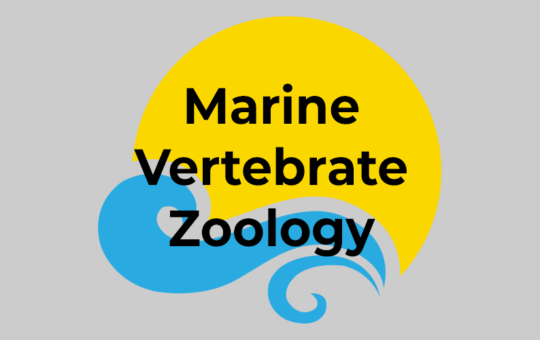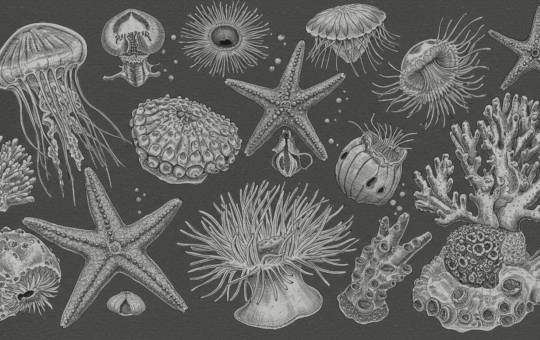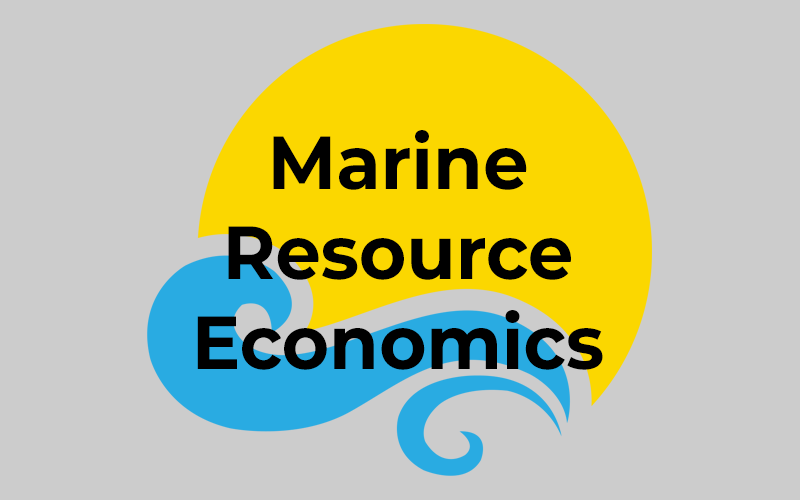
Marine Resource Economics
Marine Resource Economics examines the economic principles and practices related to the sustainable use and management of marine resources. This course provides students with an understanding of the economic value of marine ecosystems and the goods and services they provide. Students will learn about the economic tools and methods used to evaluate marine resources, including cost-benefit analysis, economic valuation techniques, and market-based approaches. The course covers various marine resources, such as fisheries, aquaculture, mineral extraction, and renewable energy, and explores the economic implications of their use and management.
In addition to resource evaluation, the course addresses the economic impacts of human activities on marine environments and the policies designed to mitigate these impacts. Students will explore issues such as overfishing, pollution, and habitat degradation, and the economic incentives and regulatory frameworks aimed at promoting sustainable practices. The course emphasizes the importance of balancing economic development with environmental conservation, highlighting case studies and examples of successful management strategies. Through lectures, case studies, and practical exercises, students will gain the skills and knowledge necessary for careers in environmental economics, resource management, and policy analysis, while understanding the critical role of economics in sustaining marine ecosystems.
Curriculum
- 8 Sections
- 22 Lessons
- 1 Quiz
- 0m Duration
Section 1: Introduction to Marine Resource Economics
- Chapter 1: Overview of Marine Resource Economics
- Chapter 2: History and Development of Marine Resource Economics
- Chapter 3: Basic Economic Principles
Section 2: Economic Valuation of Marine Resources
- Chapter 4: Valuation Techniques
- Chapter 5: Ecosystem Services Valuation
- Chapter 6: Case Studies in Valuation
Section 3: Fisheries Economics
- Chapter 7: Economics of Fisheries Management
- Chapter 8: Market Dynamics in Fisheries
- Chapter 9: Policy Instruments for Fisheries
Section 4: Aquaculture Economics
- Chapter 10: Economic Principles in Aquaculture
- Chapter 11: Market Analysis for Aquaculture Products
- Chapter 12: Policy and Regulation in Aquaculture
Section 5: Marine Energy and Mineral Resources
- Chapter 13: Economics of Marine Energy
- Chapter 14: Mineral Resources and Seabed Mining
- Chapter 15: Environmental and Social Impacts
Section 6: Marine Tourism and Recreation
- Chapter 16: Economic Value of Marine Tourism
- Chapter 17: Sustainable Marine Tourism
- Chapter 18: Case Studies in Marine Tourism
Section 7: Integrated Marine Resource Management
- Chapter 19: Integrated Coastal Zone Management (ICZM)
- Chapter 20: Ecosystem-Based Management (EBM)
Section 8: Future Directions in Marine Resource Economics
- Chapter 21: Emerging Trends and Challenges
- Chapter 22: Global Collaboration and Cooperation
- Marine Resource Economics - Assessment Test
